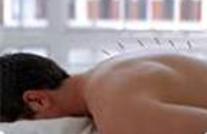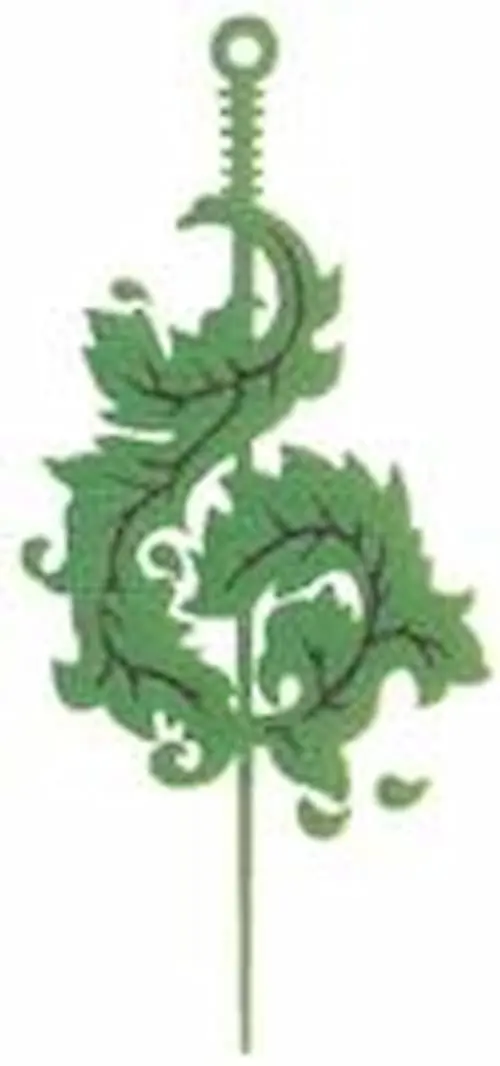
Acupuncture Services
In preparation for your appointment:
- * Please wear loose fitting clothing
- * Have a snack or a meal before treatment
- * Drink water to be hydrated before your treatment
How does Acupuncture Work? The Eastern explanation is that the energy flowing through the body, termed Qi (pronounced chee), can be influenced and balanced by stimulating points on the body. Traditional Oriental Medicine treats illness that arises when the flow of Qi in the meridians becomes blocked or imbalanced. The Western explanation theorizes that the stimulation of acupuncture points has the ability to alter biochemical and physiological conditions in order to achieve the desired effect. Acupuncture points are areas of electrical sensitivity. Needle insertion at these points stimulates sensory receptors that, in turn, stimulate nerve transmission to the hypothalamic-pituitary system in the brain. These glands release neurotransmitters and endorphins, the body's natural pain-killing hormones. This, in part, is why acupuncture works well for back pain and arthritis as well as PMS and infertility. The substances released by acupuncture relax the body and regulate serotonin in the brain, which is why depression may be treated. Some of the physiological effects throughout the body as a result of acupuncture include increased oxygenated blood circulation, decreased inflammation, pain relief, relief from muscle spasms, and increased WBC count, which stimulates the immune system.
Does Acupuncture Hurt? Acupuncture needles are 50 times thinner than a hypodermic needle, about the diameter of a hair. There is little sensitivity to the insertion of acupuncture needles. Some people feel nothing at all; others feel a slight twinge at insertion. There can be sensations of warmth, tingling, heaviness, or mild achiness during treatment, even at a site where there is no needle…because we are influencing the meridian or pathway. The needles are left in place for about 30 minutes. Most people find the experience profoundly relaxing and may even sleep during the treatment.
What Can Acupuncture Treat? Traditional Oriental Medicine is a complete medical system capable of diagnosing and treating a wide range of conditions. A normal course of treatment can be 8 – 10 visits or more, and also depends on the complexity and how long the condition has been present. The World Health Organization and The National Institute of Health recognize acupuncture to be an effective treatment for a wide variety of conditions. Listed are a few:
- Eye, Ear, Nose, Throat Disorders: Sinusitis, allergies, earache, tinnitus, dizziness, rhinitis, sore throat, tooth pain, dental pain, eye problems
- Circulatory Disorders: High blood pressure, anemia, high cholesterol
- Gastrointestinal Disorders: IBS, Colitis, spastic colon, diarrhea, constipation, food allergies, ulcers, gastritis, abdominal bloating, hemorrhoids, dysentery, indigestion, nausea, vomiting
- Gynecological/Genitourinary Disorders: PMS, Painful, heavy or irregular menstruation, Infertility & Reproductive problems, endometriosis, menopause, morning sickness, urinary tract infection, chronic bladder infection, kidney stones
- Immune Disorders: Candida, chronic fatigue, fibromyalgia, MS, Lupus, hepatitis
- Addictions: Smoking cessation, alcohol, drugs, food
- Emotional/Psychological Disorders: Anxiety, insomnia, depression, stress, emotional problems, SAD, sleep disturbances
- Musculoskeletal/Neurological Disorders: Arthritis, carpal tunnel, Bell's palsy, headache, migraine, neuralgia, sciatica, back pain, joint pain, tendonitis, bursitis, trigeminal neuralgia, stroke, sprains, spasms
- Respiratory Disorders: Asthma, bronchitis, pneumonia, colds and flu
- Acupuncture also treats Chemotherapy/Radiation side effects, Diabetes
